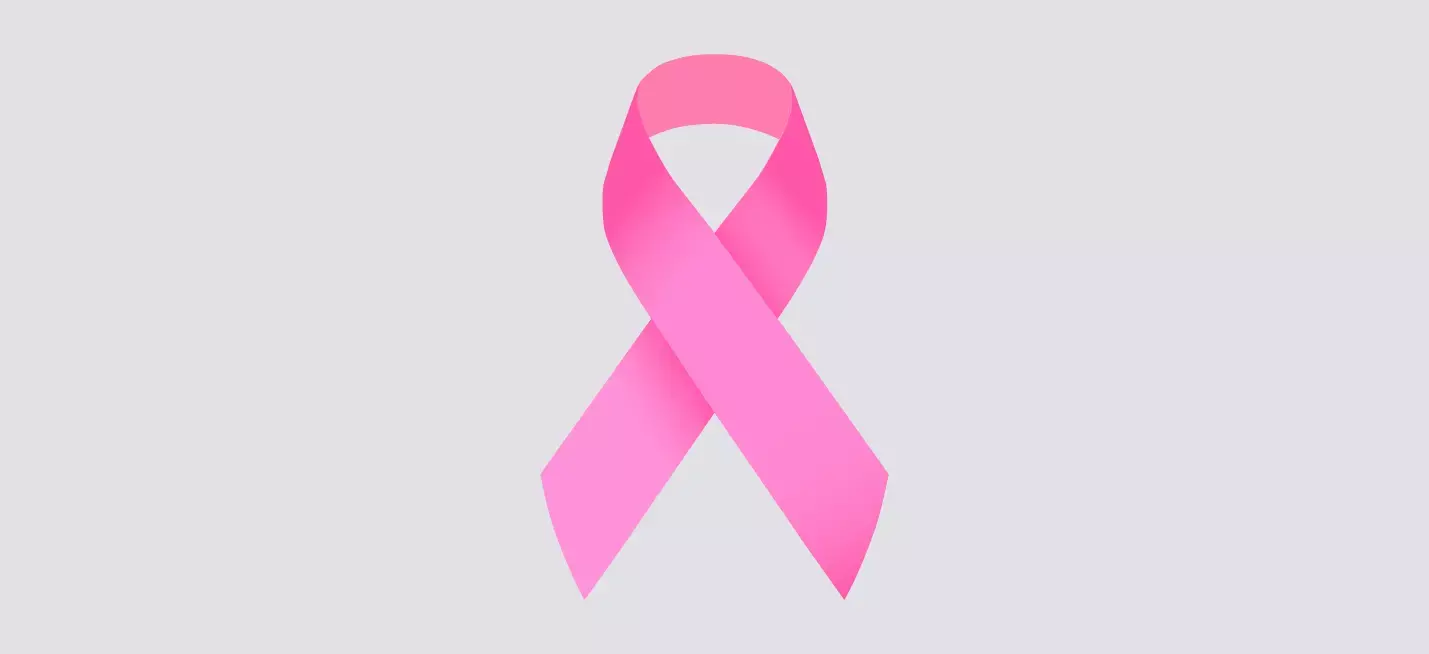- Home
- Medical news & Guidelines
- Anesthesiology
- Cardiology and CTVS
- Critical Care
- Dentistry
- Dermatology
- Diabetes and Endocrinology
- ENT
- Gastroenterology
- Medicine
- Nephrology
- Neurology
- Obstretics-Gynaecology
- Oncology
- Ophthalmology
- Orthopaedics
- Pediatrics-Neonatology
- Psychiatry
- Pulmonology
- Radiology
- Surgery
- Urology
- Laboratory Medicine
- Diet
- Nursing
- Paramedical
- Physiotherapy
- Health news
- Fact Check
- Bone Health Fact Check
- Brain Health Fact Check
- Cancer Related Fact Check
- Child Care Fact Check
- Dental and oral health fact check
- Diabetes and metabolic health fact check
- Diet and Nutrition Fact Check
- Eye and ENT Care Fact Check
- Fitness fact check
- Gut health fact check
- Heart health fact check
- Kidney health fact check
- Medical education fact check
- Men's health fact check
- Respiratory fact check
- Skin and hair care fact check
- Vaccine and Immunization fact check
- Women's health fact check
- AYUSH
- State News
- Andaman and Nicobar Islands
- Andhra Pradesh
- Arunachal Pradesh
- Assam
- Bihar
- Chandigarh
- Chattisgarh
- Dadra and Nagar Haveli
- Daman and Diu
- Delhi
- Goa
- Gujarat
- Haryana
- Himachal Pradesh
- Jammu & Kashmir
- Jharkhand
- Karnataka
- Kerala
- Ladakh
- Lakshadweep
- Madhya Pradesh
- Maharashtra
- Manipur
- Meghalaya
- Mizoram
- Nagaland
- Odisha
- Puducherry
- Punjab
- Rajasthan
- Sikkim
- Tamil Nadu
- Telangana
- Tripura
- Uttar Pradesh
- Uttrakhand
- West Bengal
- Medical Education
- Industry
Ipsilateral placement of IV Catheter in patients undergoing Breast Cancer Surgery found safe

In a new study conducted by Julian DO Naranjo and team it was found that there were relatively few difficulties in patients who had an intravenous line (IV) put for surgery after a prior breast cancer surgery, and none in patients who had an IV placed ipsilateral with axillary node dissection. The findings of this study were published in Anesthesia & Analgesia, in the month of September, 2021.
There is a persistent belief that IV insertion in the arm ipsilateral prior to breast cancer surgery is prohibited in order to avoid breast cancer–related lymphedema (BCRL). The purpose of this retrospective research was to assess the risk of BCRL development in ipsilateral arm IV placement vs contralateral arm IV placement in previous breast cancer surgery.
This study was a retrospective analysis of IV placement for anesthesia and surgery in patients with a prior history of breast cancer surgery with or without axillary lymph node dissection using Integrated Clinical Systems and Epic Electronic Health Record. Complication rates for IVs put in the ipsilateral and contralateral arms were compared. A total of 3724 patients with a past history of breast cancer surgery who were receiving 7896 IV placements between January 1, 2015, and May 5, 2018, were identified via their index anesthetic and surgical procedures.
The key findings of this study were as follow:
1. The average interval between breast cancer surgery and IV implantation was 1.5 years (range, 1 day to 17.8 years).
2. A problem occurred in 2 of 2743 IVs inserted in the arm contralateral to prior breast cancer surgery, resulting in an incidence of 7.3 per 10,000.
3. A problem occurred in 2 of 5153 IVs inserted in the arm ipsilateral prior to breast cancer surgery, at an incidence of 3.9 per 10,000.
4. The incidence of complications did not change substantially across groups (P =.91), and the 95% confidence interval for the risk difference (ipsilateral versus contralateral) was 23 to +8 problems per 10,000.
5. When only the first IV put during breast cancer surgery is evaluated, the complication rate is comparable.
In conclusion, this study suggests that it is not required to avoid IV insertion in the arm ipsilateral to breast cancer surgery.
Reference:
Naranjo, J., Portner, E. R., Jakub, J. W., Cheville, A. L., & Nuttall, G. A. (2021). Ipsilateral Intravenous Catheter Placement in Breast Cancer Surgery Patients. In Anesthesia & Analgesia (Vol. 133, Issue 3, pp. 707–712). Ovid Technologies (Wolters Kluwer Health). https://doi.org/10.1213/ane.0000000000005597
Keywords: Breast Cancer, axillary node, catheter, lymphedema, recurrence, intravenous line, implant, oncology, anesthesia, analgesia,
Medical Dialogues consists of a team of passionate medical/scientific writers, led by doctors and healthcare researchers. Our team efforts to bring you updated and timely news about the important happenings of the medical and healthcare sector. Our editorial team can be reached at editorial@medicaldialogues.in.
Dr Kamal Kant Kohli-MBBS, DTCD- a chest specialist with more than 30 years of practice and a flair for writing clinical articles, Dr Kamal Kant Kohli joined Medical Dialogues as a Chief Editor of Medical News. Besides writing articles, as an editor, he proofreads and verifies all the medical content published on Medical Dialogues including those coming from journals, studies,medical conferences,guidelines etc. Email: drkohli@medicaldialogues.in. Contact no. 011-43720751


